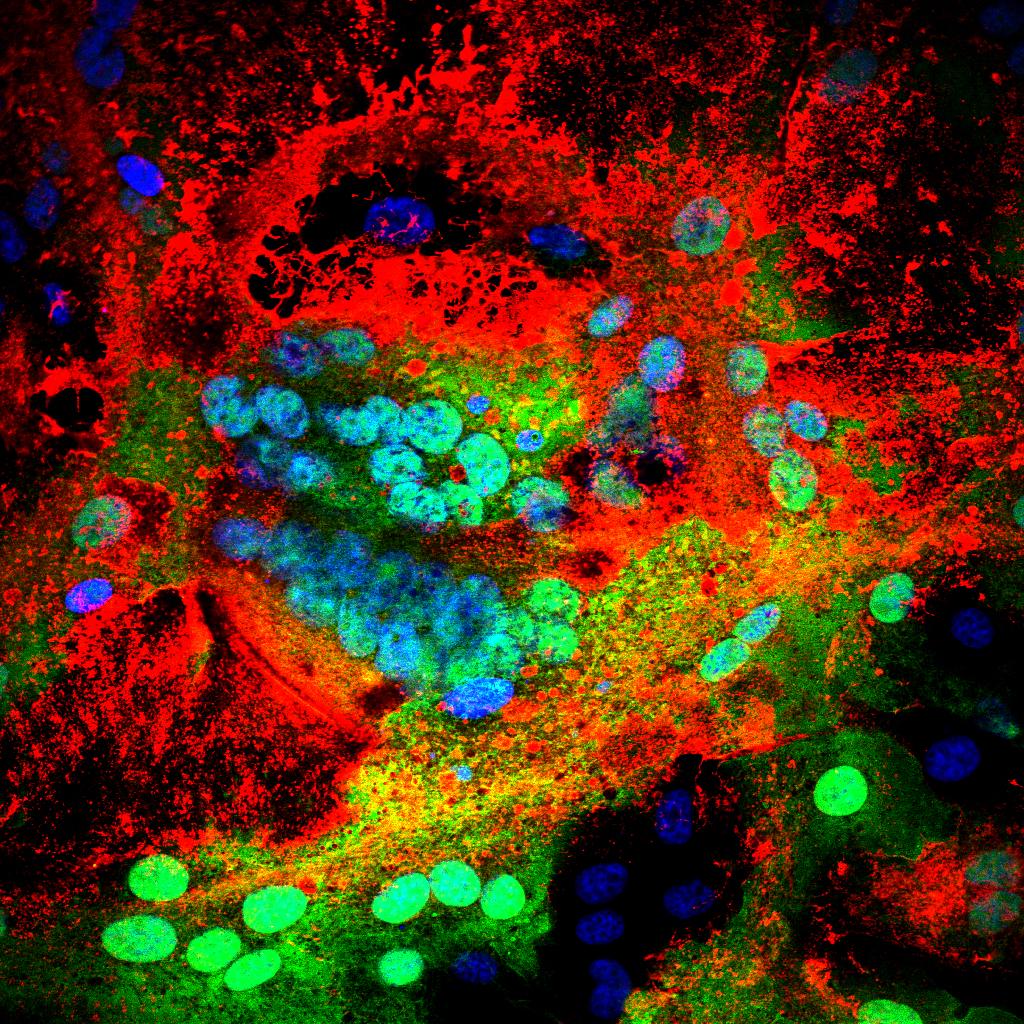Eradicating the scourge of peste des petits ruminants from the world
Peste des Petits Ruminants (PPR) is a highly contagious viral disease of both domestic (goats and sheep) and wild ruminants. Caused by a morbillivirus, that belongs to the family Paramyxoviridae. The disease is clinically and pathologically similar to rinderpest of cattle and human measles. PPR is one of the most economically devastating viral diseases of small ruminants. In April 2015, the Food and Agriculture Organization of the United Nations (FAO) and the World Organisation for Animal Health (OIE) launched the PPR Global Control and Eradication Strategy (PPR GCES) with the vision for global eradication by 2030. There is a strong and lasting international consensus to eradicate the disease in order to protect the livelihoods of the world's poorest populations. As with any disease, eradication is feasible when, policy, scientific and technical challenges are addressed. Ten majors challenges are described in this paper namely: understanding small ruminant production, facilitating research to support eradication, refining laboratory testing, improving epidemiological understanding of the virus, defining infection of wildlife and other species, optimizing vaccine delivery and novel vaccines, developing better control of animal movement, heightening serological monitoring, understanding socio-economic impact, and garnering funding and political will.

